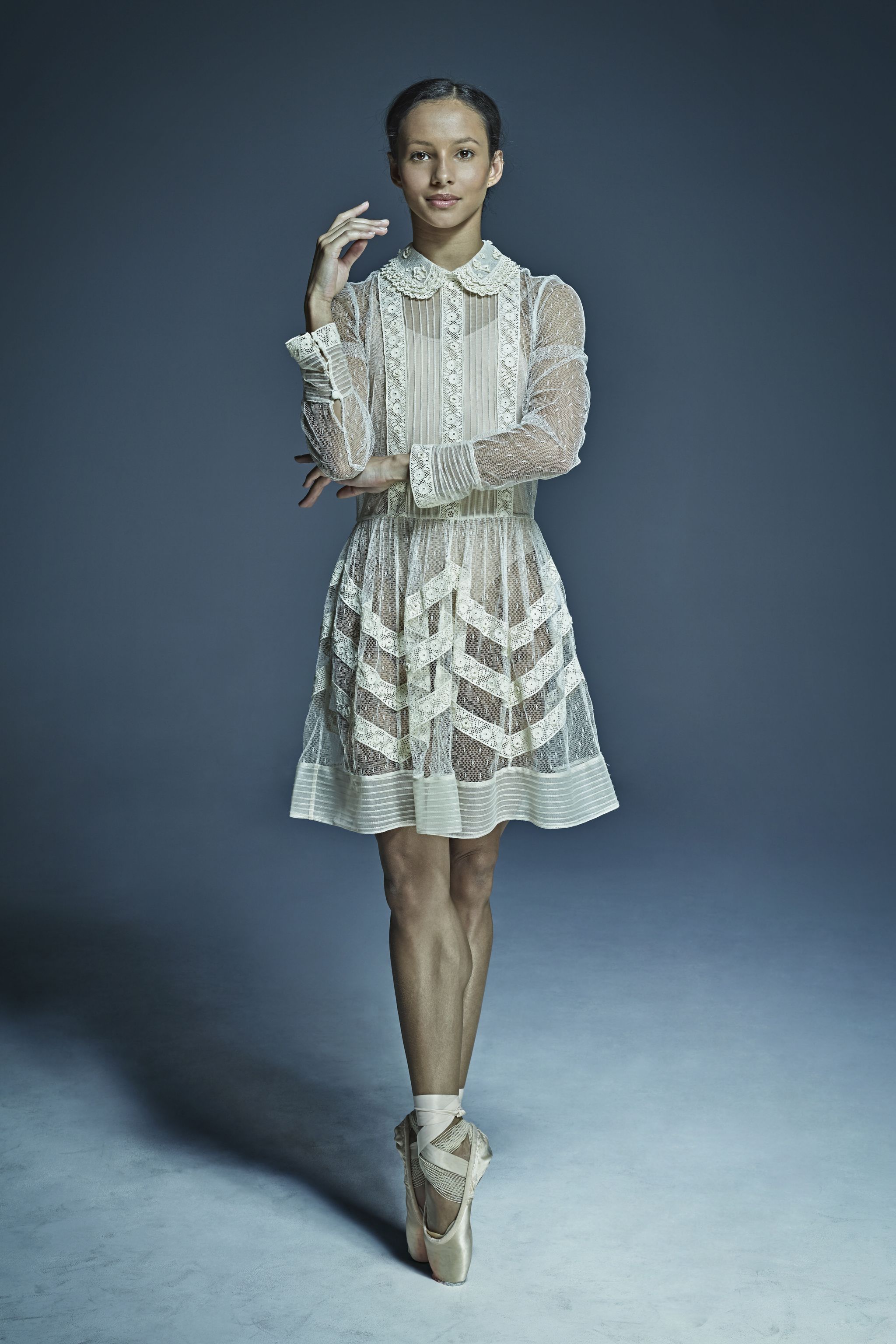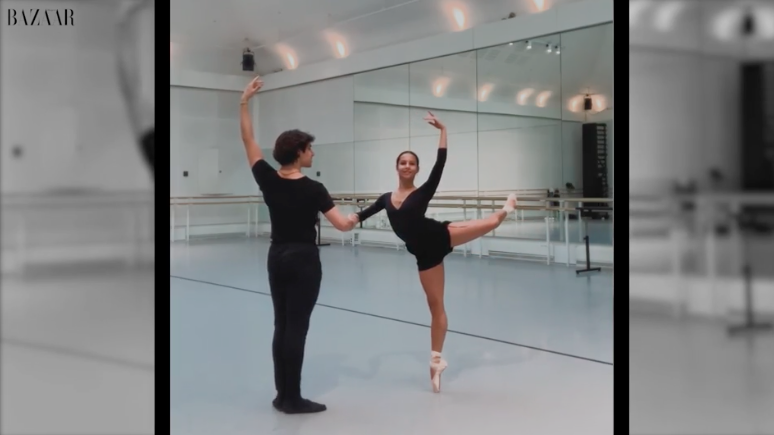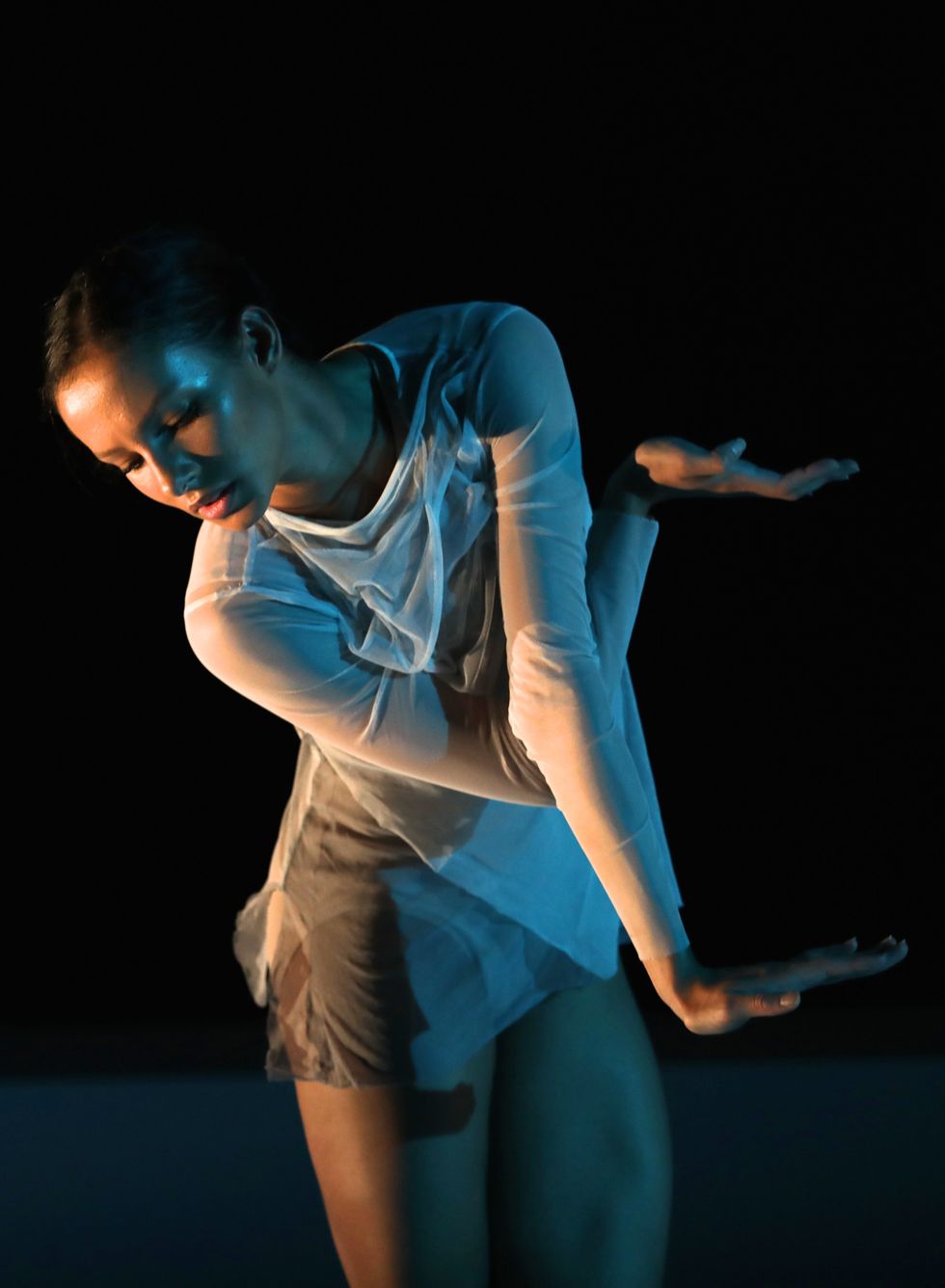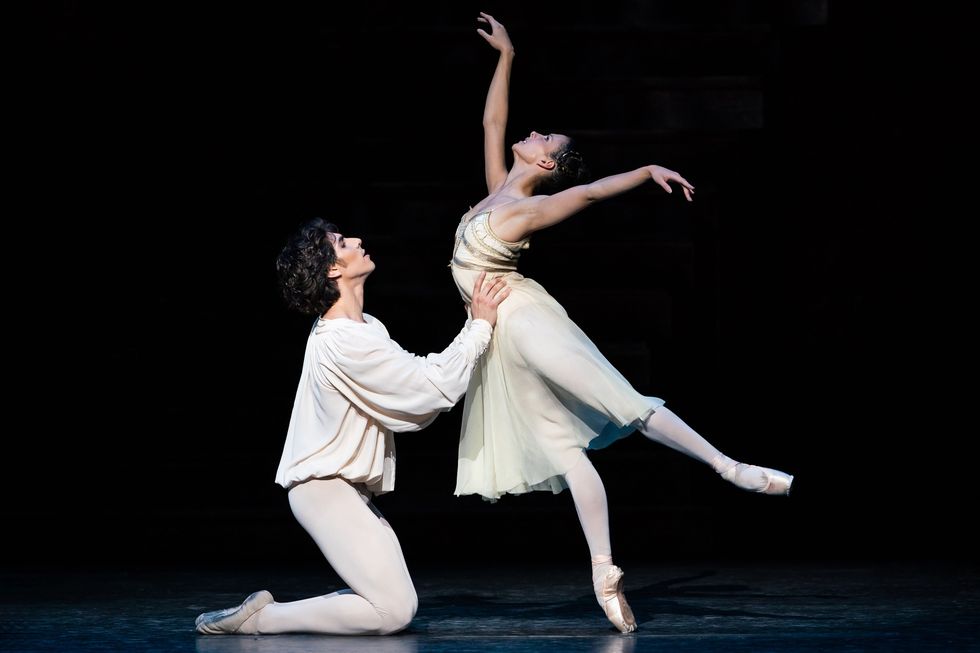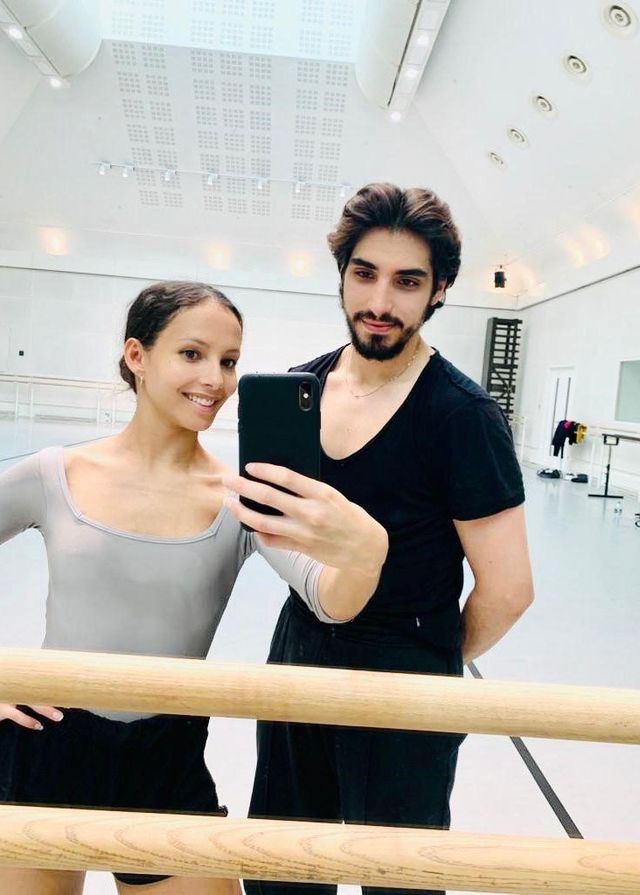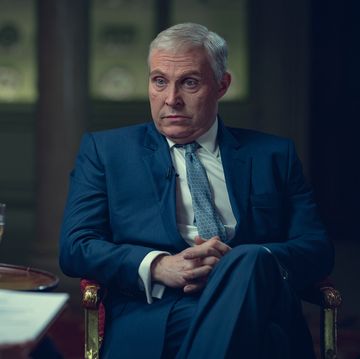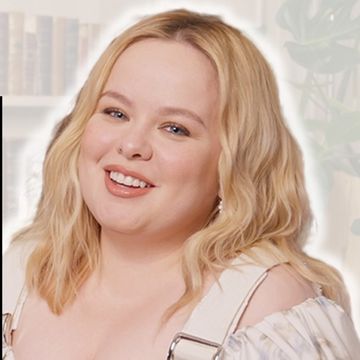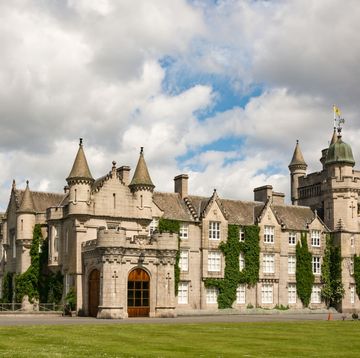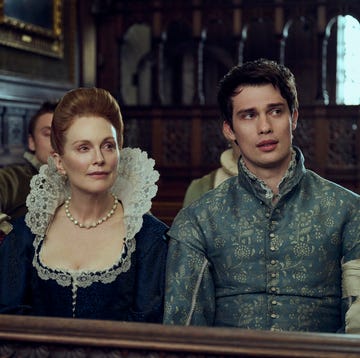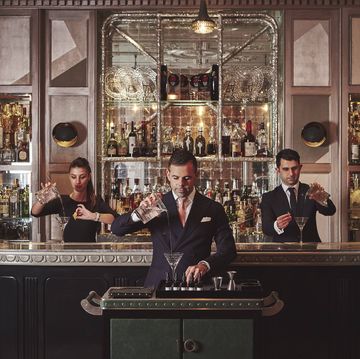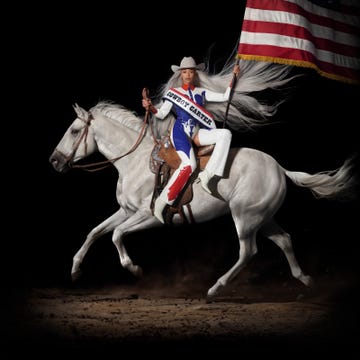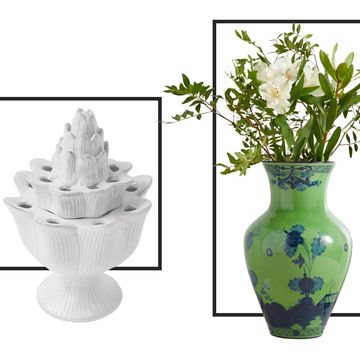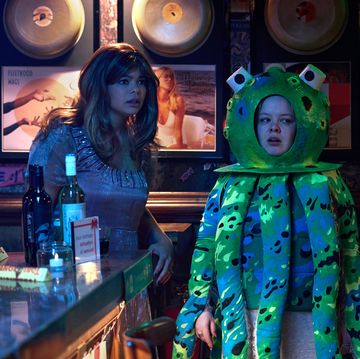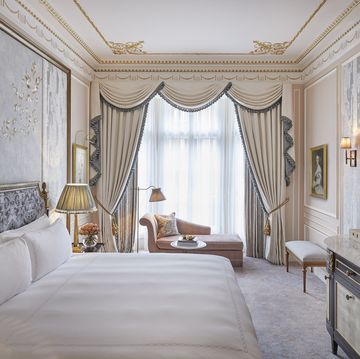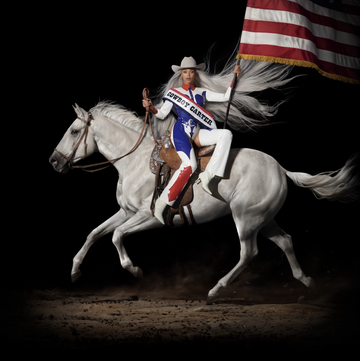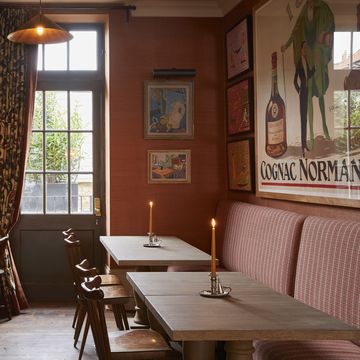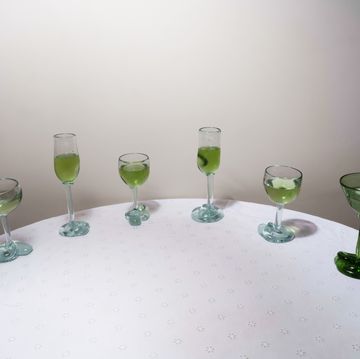Francesca Hayward has spent a lot of time thinking about and dealing with racial issues. As a Royal Ballet principal dancer born in Nairobi to a Kenyan mother and a British father, but raised in Sussex, it’s one of the subjects she’s asked about often in relation to ballet. The colour of her skin, she says, should be irrelevant when it comes to dance – if you are possessed with that rare balletic blend of strength, elegance and acting prowess, then you will rise to the top regardless of race. The problem lies not in discrimination within audition rooms or studios, but in the opportunity to get inside those very spaces to begin with.
“What we need to change is diversity and representation,” says Hayward. “I don’t think dancers of colour are turning up for auditions and being rejected or that they’re in a ballet company and not being used. The issue is that there aren’t even people of colour getting the chance to do the training to get to that stage. I would like to bring ballet to new cultures that wouldn’t think to take their children to a ballet class. It’s not that the doors aren’t open for dancers of colour, it’s that we need to help young dancers of colour to find that door full stop.”
She says ensuring that dance is a key part of the school curriculum would be a start and, in an ideal world, she’d love to open ballet centres across the country to encourage those who might not have otherwise considered her dance form to try it. “Ballet is healing for the soul,” she says. “It’s freeing and it can make you feel powerful.”
For the record, Hayward, 28, has never experienced any racism during her career, neither on stage or in film (she recently appeared in the cinema version of Cats alongside Judi Dench and Taylor Swift). The racism she encounters takes place outside her workplace; it is more insipid and covert than that you might be familiar with in newspaper headlines, but no less humiliating or painful.
“I don’t think you can describe the feeling of how much it hurts unless it has happened to you,” she says. “It could be a race joke that falls on the wrong side of funny, and everyone will look to you for permission to laugh. You think yourself, ‘I don’t want to be the person who looks touchy because I didn’t find that funny’, but on the other hand you’re thinking, ‘But why is it funny?’
“You’re put in a position of having to make everyone feel relaxed enough to laugh about it,” she adds. “I’m asked all the time, ‘Where are you from?’ I say London and they say, ‘No, where are you really from?’ People assume that I can’t be British. Being British is very much part of my identity and personality. These things hit deep.”
Hayward has been vocal about racism on social media in the aftermath of the horrific death of George Floyd. She says watching a man be so brutally murdered has meant that so many of us can no longer pretend racial injustice doesn’t exist. The footage left no room for ambiguity.
“I felt outraged,” she says. “To ignore it is impossible – you can’t turn your focus anywhere else. For the first time, and although we’ve had big Black Live Matter moments together before – other Black men and woman have also been wrongly killed by the police, it feels like this is all of our battle. We’ve opened our eyes.”
For Hayward, the way forward is through conversation and action. “In my experience, speaking about race or racism has always brought tension into a room,” she says. “People have been afraid to talk about it before. I can sense immediately if someone’s trying to broach the subject as the atmosphere immediately changes. Now, it finally feels, that no, this is not the problem here. The problem is we don’t think about this enough. The only wrong thing to say is that we don’t care.”
The diversity of the protests has given her faith. “Seeing such a diverse crowd of people marching alongside one another, standing up for one another and trying to protect each other… There’s a lot of love there,” she says. “Of course, it’s not a great time for mass meetings – we are in the middle of a pandemic – but this is an urgent change that needs to happen now and so it’s going to happen now in whichever way it needs to be done.”
Like the majority of the country, Hayward’s own life has been put on hold since lockdown was enforced in late March. She was about to embark on Swan Lake, one of the most demanding shows in ballet, alongside her self-isolation buddy Cesar Corrales, when everything was paused. For now, she is rehearsing via Zoom calls and working out from home.
“We went from being in peak shape, determined and motivated to do this hugely demanding ballet to be told to go home and see what happens,” she says. “There’s no such thing as working from home for dancers. We can’t dance on just any surface unfortunately. I’ve definitely had some really down days when I think, ‘My body doesn’t feel good at all, when will this end?’”
There is also the underlying issue of whether or not dancers such as Hayward will have jobs to come back to. Theatres across the country are struggling not only with the financial implications of current closures, but also with the idea that, with social-distancing measures due to continue for the foreseeable future, when they’ll ever be able to open.
“Our futures are looking uncertain for all theatres, so that’s a collectively worrying concern,” she says, “How will we ever, with social distancing, get back to performing? Performing is our income. It’s a tough, anxious time. I just have to hope we’ll find a way through somehow.”
As a show of hope, this weekend the Royal Opera House will stage its first live performance from inside the venue since it closed on 17 March. Hayward and Corrales will star in a new work created by Royal Ballet resident choreographer Wayne McGregor, with the first instalment to be shown at 7.30pm on Saturday 13 June, free for audiences to watch from their sofas at home. Two further performances will take place on Saturday 20 June and Saturday 27 June, available to view live and on demand for just £4.99, including a host of ballet and opera direct from the Royal Opera, the Royal Ballet and the Orchestra of the Royal Opera House.
“As soon as lockdown started it was so clear that everyone needed the arts for their mental health,” says Hayward. “People needed that escape… to be able to switch off from feeling worried about the pandemic. Ballet takes you to another world, it offers an escape; it explains something to you without speaking. These aren’t incredibly positive times and it’s films, books and art that have lifted us through. At the end of this all, I just hope we can still give to people in the way we’re used to.”
Watch Hayward in the first Live from Covent Garden special performance at roh.org.uk at 7.30pm on Saturday 13 June.
Sign up to our free weekly newsletter for more from Harper's Bazaar, straight to your inbox.
